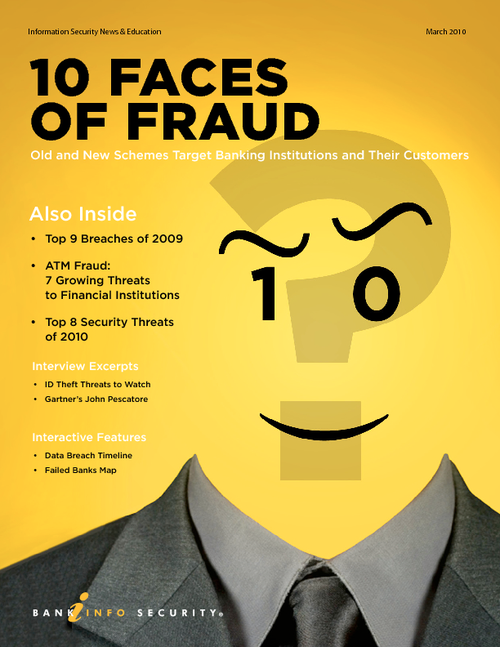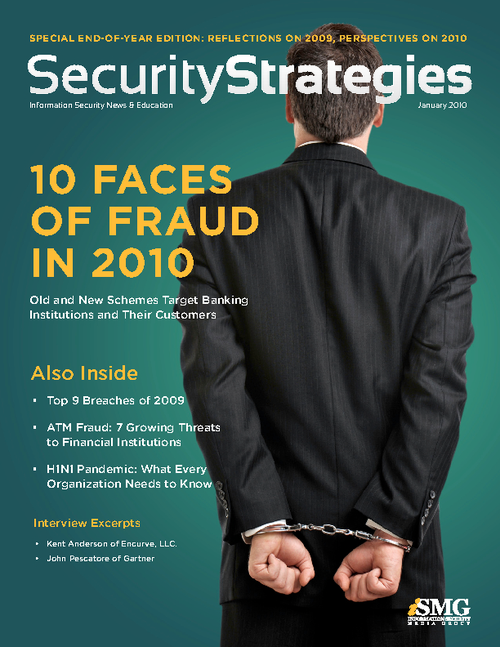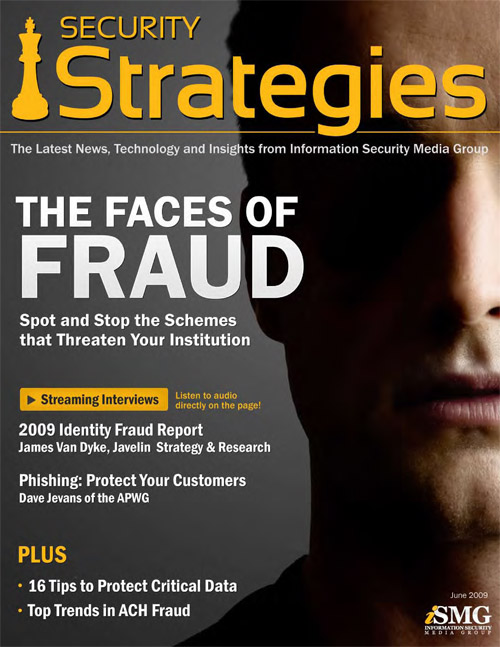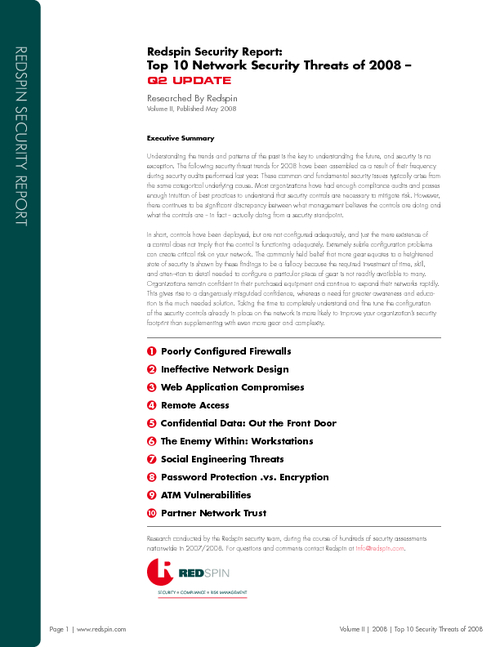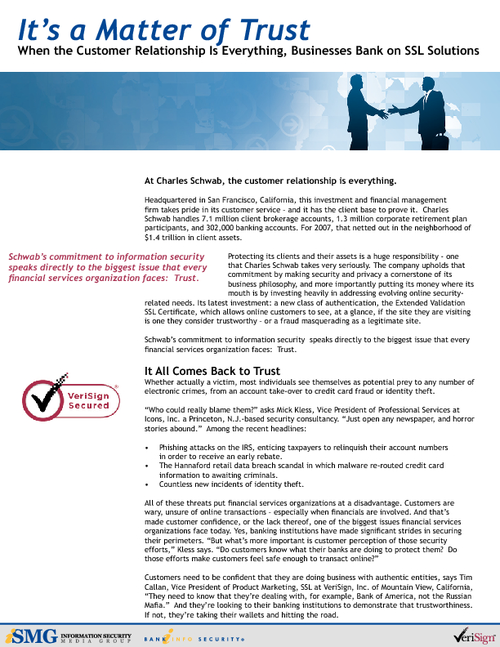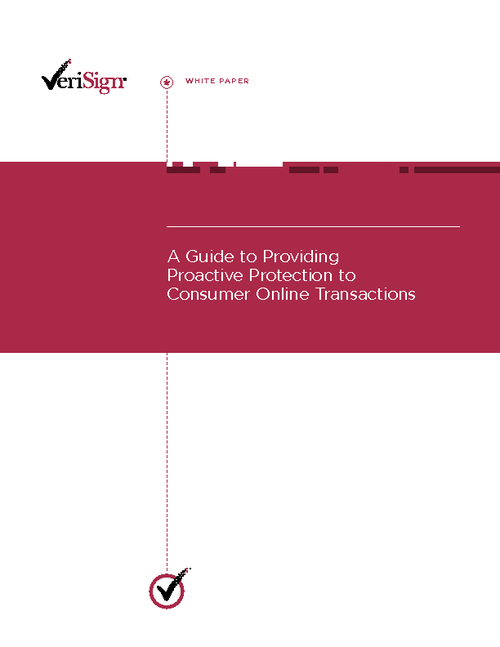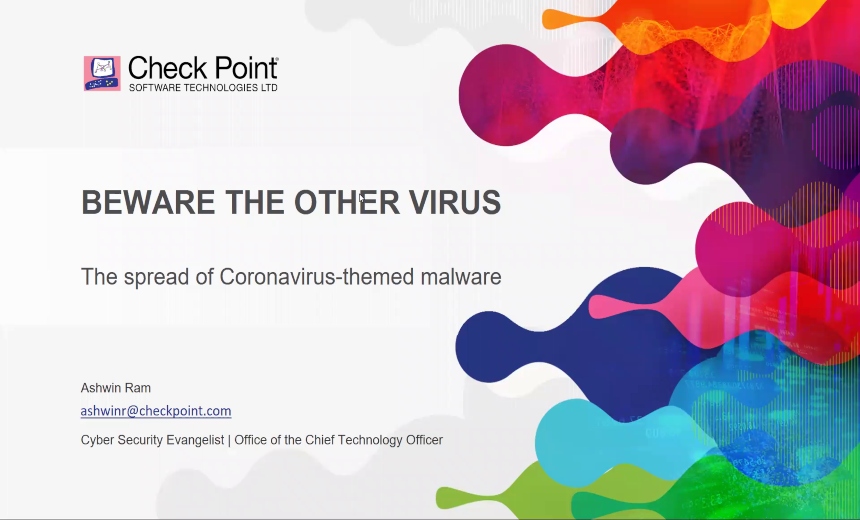Commentary: 419 Scam Hit US House Of Representatives
The alert from OCC about a 419 scam appearing to come from the US House of Representatives’ Financial Services Committee isn’t something new -- this type of scam is just a new twist to something that has been around for many years.As long as there are people who believe they can get something from little or nothing without a great deal of effort, the 419 scams will continue to wreak havoc on the American public. As financial institutions, we must help educate those who could fall under the 419 spell of easy money.
You know it is really hitting the headlines when ABC News has a Nigerian scammer being interviewed after he was caught red-handed in a sting operation filmed by the news show. And these 419 scams all start with an email, similar to the one I got in my email inbox at work last week, “RE: SWIFT TRANSFER OF US $13 MILLION INTEREST INTO YOUR ACCOUNT FOR INVESTMENT.†The author of the email goes onto say that he got my information from a friend who is a member of the Western African trade mission. Funny, I don’t remember meeting anyone from a West African trade mission.
While those of us who’ve seen these scams before don’t respond to them, there are some users (and believe or not, the list of victims include lawyers, doctors and other educated professionals) who fall for these kinds of scams. The OCC’s warning about the 419 scam emails that purports to come from the US House of Representatives, Committee on Financial Services, the scam uses the committee’s letterhead, and tells potential victims that they are due to receive large sums of money from an inheritance, but that they must first pay a large fee through lawyers to the Financial Services Committee in order to verify that the funds are not tied to terrorist financing. Imagine the nerve of these scam artists, using our own laws and regulations (and our citizens’ great need to abide by them) to try to victimize them!
Listening to the Nigerian 419 scammer being interviewed by ABC, the scammer said people who receive any email like his, it should be ignored -- because there is no money. But the 419er’s ability to scam victims takes some action on the part of the victim. What’s needed here for us, and the public is a real lesson in Greed 101.
First, if it looks too good to be true, it usually is. Unless you are the only person who has never gotten any emails like, “HELP NEEDED –YOU MUST OPEN†or “URGENT BUSINESS RELATIONSHIP FOR $$$,†or my favorite, “URGENT REPLY†then you are one of the really lucky Internet surfers who hasn’t had their inbox crammed with these types of emails. The question anyone who receives such offers is simple, “Why are they sending this offer to me?†Or, in the case of the inheritance scam, “Do I really think I have a long lost relative who died and I never heard about them?â€
Anytime you get an offer that seems too good to be true, my advice isn’t to walk away, but to run away full throttle, and forward the email to the law enforcement resources that are monitoring these types of email scams.
If you or your customers have gotten a 419 email, forward the correspondence to the USSS at 419.fcd@usss.treas.gov or via fax at (202) 406-5031. The Secret Service retains these messages for future investigations. Make sure that you include the scammer’s message with its headers.
Also, forward the correspondence to the Federal Trade Commission (FTC) at spam@uce.gov. Make sure that you include the scammer’s message with its headers.
Another move on your part to stop the scammer is to forward the scam email to the email abuse center of the to the email provider used by the 419 scammer. Make sure that you include the scammer’s message with its headers. Alert the provider that the email address is being used to solicit illegal activities and that it should be shut down. Most providers have specific abuse mailboxes set up to handle such problems. Some examples include: abuse@yahoo.com; uk-mail-abuse@yahoo-inc.com; abuse@hotmail.com; etc. One important note: The 419 email scam takes many forms, and doesn’t always appear to come from Nigeria.
Financial institutions’ responsibility to help educate and protect their users doesn’t end at the education page on their home page, but extends out to the institution’s operating practices. It should always be part of your staff’s training to question transactions that appear to be headed overseas, or if a large amount of cash is being wired to an unknown party. A gently asked question or two may save an unwitting customer hundreds or thousands of dollars. And this type of action may also ensure that the relieved customer decides who they’ll be banking with in the future.


